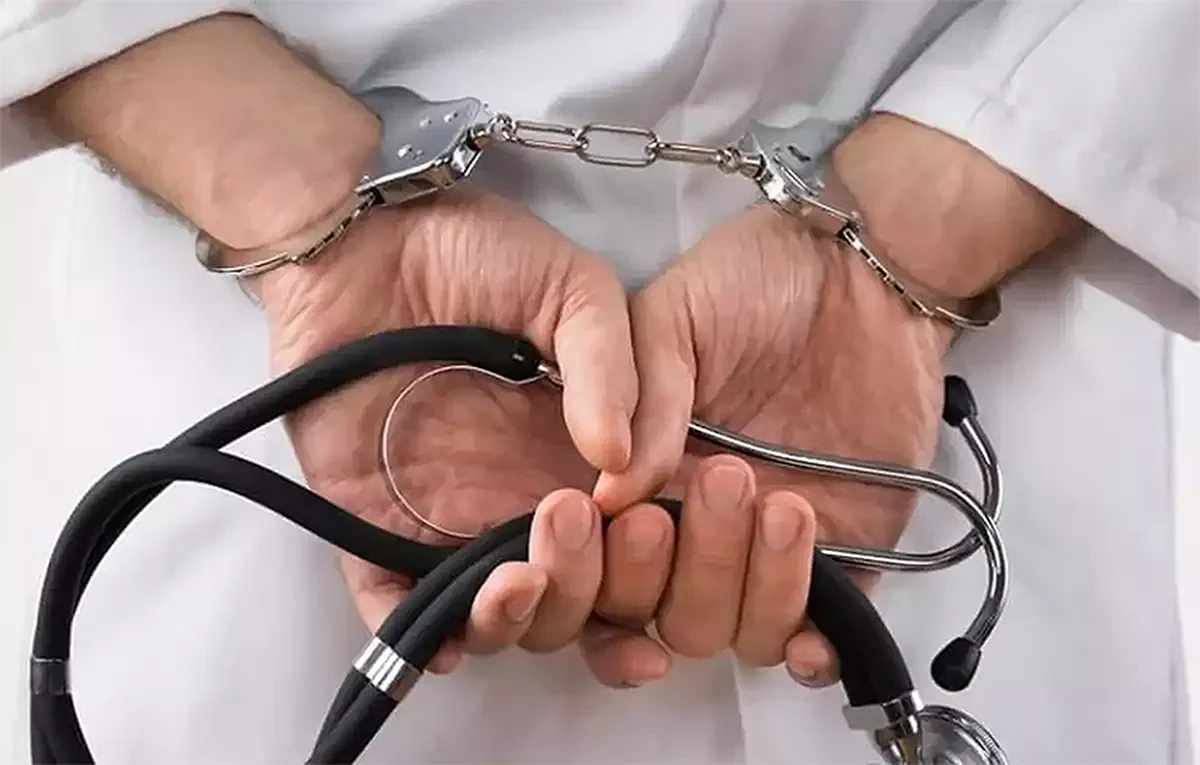29/10/2025
29/10/2025

Doctors are prohibited from prescribing psychotropic substances without a valid medical justification. Any doctor who prescribes these substances without a medical permit faces a prison sentence of up to three years. Pharmacies are held more accountable, with fines of up to KD100,000 and the possibility of closure for up to five years if they fail to secure these substances. The new law regulates the cases of patients arriving from abroad. It stipulates that their prescriptions must be approved by the Kuwaiti authorities before the prescribed substances are allowed entry. Electronic approval from abroad is permitted. Travelers carrying narcotic drugs or psychotropic substances are required to present their prescriptions to the designated official at the port of entry to verify that the quantities brought match the amount authorized in the prescription. These procedures ensure that psychotropic medications are not misused and to prevent fraud through falsified importation or prescriptions
Significant
The draft law includes significant additions not found in previous legislation — a major step forward in combating drugs. Among the important new provisions is the establishment of a Supreme Council for Combating Drugs and Psychotropic Substances. It allows mandatory drug testing for specific categories of individuals like those who are about to get married, applicants for a driving license and firearms permit, and those applying for public sector jobs. For the first time, periodic random drug tests can be imposed on employees in government agencies. It grants new powers to police officers, such as the right to make immediate arrests on suspicion of drug use without waiting for a warrant, thus closing loopholes that some have exploited to evade detection. In terms of social deterrence, the law criminalizes associating with drug users with the intent of preventing the spread of drugs. Anyone who knowingly associates with a drug user will be punished with three years' imprisonment. Inciting, promoting, or encouraging drug use is criminalized with a three-year prison sentence.
The new provisions include penalties of up to 15 years imprisonment for anyone who plants drugs on another person or coerces the latter into using drugs without their knowledge. The punishment can reach the death penalty if the victim is convicted of drug-related offenses and sentenced to death. The new law indicates a move towards digital transformation in licensing and monitoring procedures for narcotics and psychotropic substances. Instead of traditional paper-based transactions, the draft law permits the use of electronic means in most monitoring procedures. It mandates doctors and healthcare institutions to electronically report to the relevant authorities the quantities and reasons for dispensing any narcotic drugs to patients, within the approved digital records.
The scope of the death penalty has been expanded to include those who smuggle narcotics and psychotropic substances into prisons, as well as anyone who facilitates their entry to inmates. The death penalty is also applied if the crime occurs within rehabilitation or addiction treatment centers, places of worship or sports clubs. Public officials who exploit their positions for trafficking will be punished by death as well. The harsher penalties include death for those who distribute narcotics and psychotropic substances without charge (such as those who distribute free samples for promotional purposes) if they target more than one person with the intent to entice them. The draft law introduces new prison sentences, such as imprisonment for a period not exceeding two years, for those who refuse to undergo drug testing without a valid excuse or justification.
Despite the strict penalties imposed on drug dealers and traffickers, the new law adopts a more humane approach towards drug users, recognizing their need for treatment. It guarantees the complete confidentiality of addicts’ data to prevent social stigmatization and imposes a prison sentence of up to two years and a fine not exceeding KD10,000 on anyone who discloses information related to addiction cases or the identities of those admitted to treatment centers. It encourages users to seek treatment voluntarily without fear of prosecution, stipulating that no criminal charges will be brought against those who voluntarily seek addiction treatment. It introduces a mechanism for compulsory admission for treatment based on confidential reports on drug use. This allows the placement of an addict in a rehabilitation and treatment center for up to six months by order of the authorities to ensure they are given the necessary care.


